Blog / Military News
After a Navy SEAL Candidate’s Death, 40 Trainees Tested Positive For Steroids
Share this story
Share this story
The longtime rumors of performance-enhancing drug (PED) abuse among American military special operations forces has burst into the limelight this week with the New York Times expose on the fallout caused by the death of a SEAL trainee, Kyle Mullen. Not only was his death preventable, the US Navy is now being called out publicly for turning a blind eye to the problem of drug abuse that has been prevalent at the Navy SEAL selection course, known as Basic Underwater Demolition School (BUDS.) In all likelihood, this abuse would have continued if not for the untimely death of Mullen, and the consequences for the Navy will be enormous. Additionally, this episode sparked a debate that has long lingered: Should the US military be in the business of providing PEDs to their most elite operators? But before that discussion, a bit of background on what happened with Kyle Mullen.
Mullen would have seemed to be the ideal candidate. A 6’4 former Yale college football player, he told his mother, Regina, that he would rather die trying than give up his dream of becoming a SEAL. He first attempted BUDS in August of 2021, but developed heat stroke and was forced to withdraw from the course. According to Regina, while in recovery, he discovered that other candidates who had not passed the first time had started taking various PEDs, everything from testosterone replacement to human growth hormone. It was then that he decided he need that extra edge, and told Regina he was considering using PEDs himself. (It is unclear whether Mullen himself tested positive or used the drugs, but a search of his belongings after his death turned up syringes and PEDs so… )
The candidates knew the barracks were inspected periodically, so Mullen purchased a used car to hide the stash. And for a while, it seemed like it had paid off. This time, Mullen made it through the end of the third week, known as “Hell Week,” commonly seen as the first major hurdle in becoming a SEAL. But all was not right with Mullen. He was coughing up so much blood he soon filled a 32 ounce Nalgene bottle with bloody spit as he recovered in his barracks. Soon after, he was found on the floor unresponsive by some of the other candidates. Unbelievably (and I could write an entire separate column on the incompetence of the Navy medical staff monitoring,) the Navy medical staff had gone home for the weekend so the candidates had to call civilian 911. But it was too late: Kyle Mullen was dead.
Mullen’s death was a tragedy. The Navy has yet to release the full results of their investigation (the official cause of death is “bacterial pneumonia,”) but details about the lack of medical care and proper supervision have slowly been trickling out, in part due to his mother’s determination to see changes made. I encourage you to go read the linked New York Times and New York Post articles which covers the errors made in greater detail.

Dying in training for special operations forces is nothing new. When you are searching for the type of men who will push themselves to their breaking point, deaths can and do happen. It happens in BUDS. It happens in Army Special Forces training. It happens at Air Force Pararescue selection. It is practically an article of faith that, in order to get the best, hardest men to do some of the toughest military jobs in the world, the candidates must be driven to the point where they actually fear dying. This viewpoint has many advocates, who point out that, when real-world life and death combat situations arise, you have to have men who have faced the very worst adversity possible and risen beyond it. That this is the grueling rite of passage; the type of brutal training and high physical standards that takes candidates right to the edge of death. That it is necessary to produce the kind of men capable of carrying out America’s most dangerous missions. That there is a long track record of success that has resulted in the most lethal special operators in the world. And this author agrees with that assessment.
But something seems to have gone terribly awry, specifically in BUDS. The New York Times article had this incredible statistic:
The Navy has made hundreds of changes over the years meant to improve safety and increase graduation rates. At the same time, the SEALs who run the course have quietly resisted anything they see as lowering standards. So no matter how much the Navy has tried to make BUD/S easier, it seems to only get harder.
In the 1980s, about 40 percent of candidates graduated. Over the past 25 years, the average has dropped to 26 percent. In 2021, it was just 14 percent, and in Seaman Mullen’s class this year, less than 10 percent.
That is astounding. Either the course had become MUCH more difficult, or the pool of candidates has become much less capable. I talked to one former SEAL who mused that perhaps this is the GWOT generation of SEALs returning to training and making the course more brutal; another SEAL who believes the candidates aren’t as good. This can be debated endlessly, but I will tell you, anecdotally, that in discussions with active duty USAF Special Warfare training cadre (responsible for selecting PJs and Combat Controllers,) there are complaints that they are getting far fewer natural athletes and just a general lack of toughness. One of the most respected SOF candidate training programs in the country is the Team Eagle One program. In April of 2022, their lead instructor, John Maclaren, himself a former SEAL, wrote a long article where he expressed his dismay at the increasing unpreparedness of the kids he was mentoring. For what he believes has gone wrong, go read the whole thing. In the meanwhile, John writes about some of his issues:
I began to see a dramatic drop in the intensity of training regimens in high school and university athletes. In one year, perceived effort and biomechanical awareness was down 30-40% in candidates! Perceived effort is measured in several ways. Too much to list here.
Shorter, less effective exercise routines had replaced longer, better equipped, and more beneficial gym workouts in high school coaching, university sports, and local fitness studios. Injuries sky rocketed as performance decreased.
Candidates frequented gyms that had systematically replaced biomechanically proper training with a handful of exercises in a high injury CrossFit type environment or, worse, a powerlifting regimen with sets of 3-5 reps. (Nothing wrong with either type of workouts. Just not as primary trainning methods for BUD/S success. Please write me for more info. if you wish to graduate)
A candidate’s general perception of a “long-run” cut by more than 50%! The ten to twelve mile minimum distance previously considered a “long-run” by incoming candidates was now four to five miles.
There is no doubt something to his opinion. It is hardly a secret that mandatory physical education requirements have declined in the United States, resulting in the well-documented rise in child obesity... you can read endless studies about it. And, in general, basic training and special operations selection courses usually tend to trend easier, not harder, as times and social mores change. For example, US Marine drill instructors would regularly physically strike trainees back in the day of Gunnery Sergeant Hartman; a practice that is now obviously forbidden. Again, the causes of the lack of prepared candidates can be discussed at length. Naturally, special operations candidates who may feel unprepared will look for an edge, and if the tragic death of Mullen is any indication, that edge may take the form of these performance enhancing drugs.
Unofficially, PEDs are commonly found in Special Operations units. And to make it clear, this information comes purely from conversations from various members of SOF units in all branches; I have nothing on paper to back up what I’m saying here, nor would I share it if I did. (BK DON’T SNITCH.) But talk to any member of an elite unit off the record, and they’ll tell you the same. Of course, this is mostly done the “right” way: That is, a team member goes to the unit doc, says something like, “Hey, I’m 15 years in and the multiple deployments and TBIs and stress have taken their toll on my energy and drive.” The doc will check his T levels (or not) and, if it’s even on the low end of the spectrum, the team member can get a legal prescription for a testosterone supplement and boom; instant LEGAL energy.
And why shouldn’t they? It’s no secret that military leaders fear that peer adversaries like Russia and China are doping their soldiers up and are frantically studying what they can do to keep up. A couple of years ago, a British general had this to say:
Lt Gen Tickell, the deputy Chief of the General Staff (DCGS), said of supplying troops with performance-enhancing drugs: ‘You cannot rule it out, because it is arguably unethical to send [UK] soldiers into battle against an enemy that is using such substances thereby putting them at a disadvantage.’
The United States is studying it as well. See this paper, “The Future of Steroids For Performance Enhancement of the US Military.” Or this one, “Net Benefit of Performance-Enhancing Drugs Within US Army Special Forces.” And it’s obvious why: Testosterone supplementation, HGH, and anabolic steroids make you stronger, faster, less prone to injury, and speed recovery.
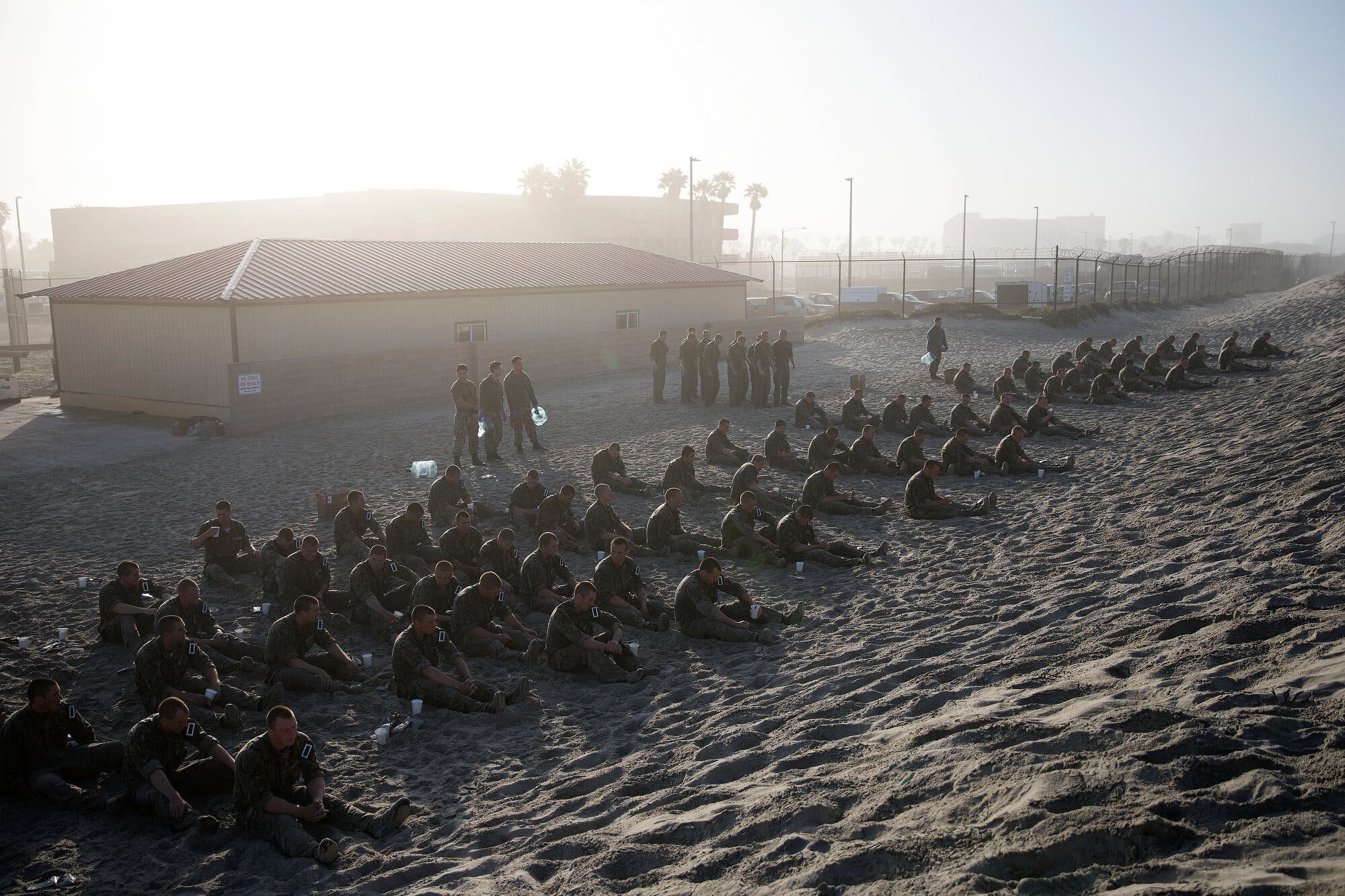
What’s not to love, right? Well, mostly the problems lie with people taking PEDs without proper medical supervision. And, since a healthy 25 year old special operator is unlikely to come up with a blood test showing he has abnormally low testosterone, the PEDs are then taken on the down low. Let’s go back to Mullen and the New York Times:
When the Navy gathered Seaman Mullen’s belongings, they discovered syringes and performance enhancing drugs in his car. The captain in charge of BUD/S immediately ordered an investigation, and soon about 40 candidates had either tested positive or had admitted using steroids or other drugs in violation of Navy regulations.
The Department of Defense has adopted the World Anti-doping list of banned drugs, so clearly, the unlawful use of any of these substances is prohibited by policy. And I should point out that there is no evidence at the time of this writing that PEDs contributed to Mullen’s death; the full report will not be available until later this year:
The Navy has not tied the sailor’s death to drugs. The service is expected to release reports on the training death and the drug use in the fall. A Navy spokesman declined to comment on Seaman Mullen’s death or on allegations of widespread drug use, saying it would be inappropriate to do so before the reports are released and Seaman Mullen’s family is briefed on their findings.
So we really don’t know if the PEDs were a contributor. But PEDs are not a benign substance, especially when used without the oversight and monitoring of a qualified physician. Steroids have well-known side effects, including liver damage, mood changes, acne, heart disease, decrease in testicle size, cessation of sperm production, and high blood pressure. Unregulated testosterone use can result in difficulty sleeping, along with the aforementioned mood swings and acne. Further, Testosterone Replacement Theory (TRT) is, in essence, a life-long treatment. Because it is a relatively new treatment, long-term studies are unclear. Some doctors believe that, once begun, withdrawal from TRT can result in a body’s permanent inability to produce its own testosterone, as well as unpleasant withdrawal symptoms and depression. (This is highly debated.)
The facts have been laid out. Now, dear reader, you are undoubtedly asking yourself, “Well SHIT, BK, so what do you think? Should we start juicing the troops???” And this is a question I’m quite familiar with! You long time podcast listeners will no doubt recall me musing (several times) on this very topic. It makes sense, because, if the Pentagon has now decided that hormone therapy is no big deal, and that transgender service members should be availed all the hormone therapy/gender reassignment surgery that they want, then why would we NOT start putting our most elite soldiers on hormones and other PEDs? It’s a valid question. (Side note: there have been 243 gender-reassignment surgeries on military members from 2016 through January 2020, which only supports giving our special operators the same hormone therapy.)
I would cautiously say that I’m not really opposed to providing performance-enhancing drugs to active-duty SOF members with the close oversight of a qualified physician (which is far safer than the members taking them on their own on the DL.) Especially knowing as previously noted that our enemies are undoubtedly doing the same. BUT: absolutely not for SOF selection candidates. That, to me, is cheating. You’re there to be measured and assessed on how you deal with adversity and being pushed to your physical limit. If the guy next to you is taking a PED and you’re not, CLEARLY that gives him an unfair advantage over you when it comes to recovery and energy. Plus, at that point, you haven’t earned shit. It’s one thing for the Ranger with ten combat deployments who wants to finish his 20 years to get a little help, it’s quite another for an 18 year old on day two of pushups to get a little help. It violates the spirit of what a selection course means, it’s an integrity violation, and at least for me, it’s a giant no-go.

When I started writing this, I tried hard to think about my own selection experience; 18 friggin years ago and rapidly vanishing into the mists of time. Our class started with about a hundred guys and graduated 17; about the average. Some other PJ selection courses graduated 2, even 1. Famously, there was a class where NOBODY graduated; the instructors made a plaque called “The Class That Never Was.” And me, being a total idiot about training at the time, never even thought about PEDs. Partly because this was a while back (pre-social media) and things like TRT and HGH weren’t really discussed in my world or even something I knew existed. I knew what steroids were, but assumed they wouldn’t really help. I didn’t even take protein supplements; just ate a TON of food. I do recall during the pre-selection course that a cadre member mentioned supplementation. He only really said that it wouldn’t do anything to aid us because they would mess with our hydration and the cadre were going to find ways to break us off anyway. And they did. The guy who was a champion high school track star who ran 6 miles in just over 30 minutes? Didn’t graduate. The polo player from Hawaii who was a beast in the water? Didn’t graduate. It sounds so cliche, but it really does come down to what you got inside. That, and proper physical preparation, will take you a long way.
And hey, if you want a tip: My SEAL bro who got through BUDS first try and whose father was also a SEAL told me he bought the book from the granddaddy of all SOF trainers, Stew Smith, followed the workouts exactly, and sailed right through. So there ya go. Now drop and do pushups until I get tired.
Share this story
Share This Story, Choose Your Platform!
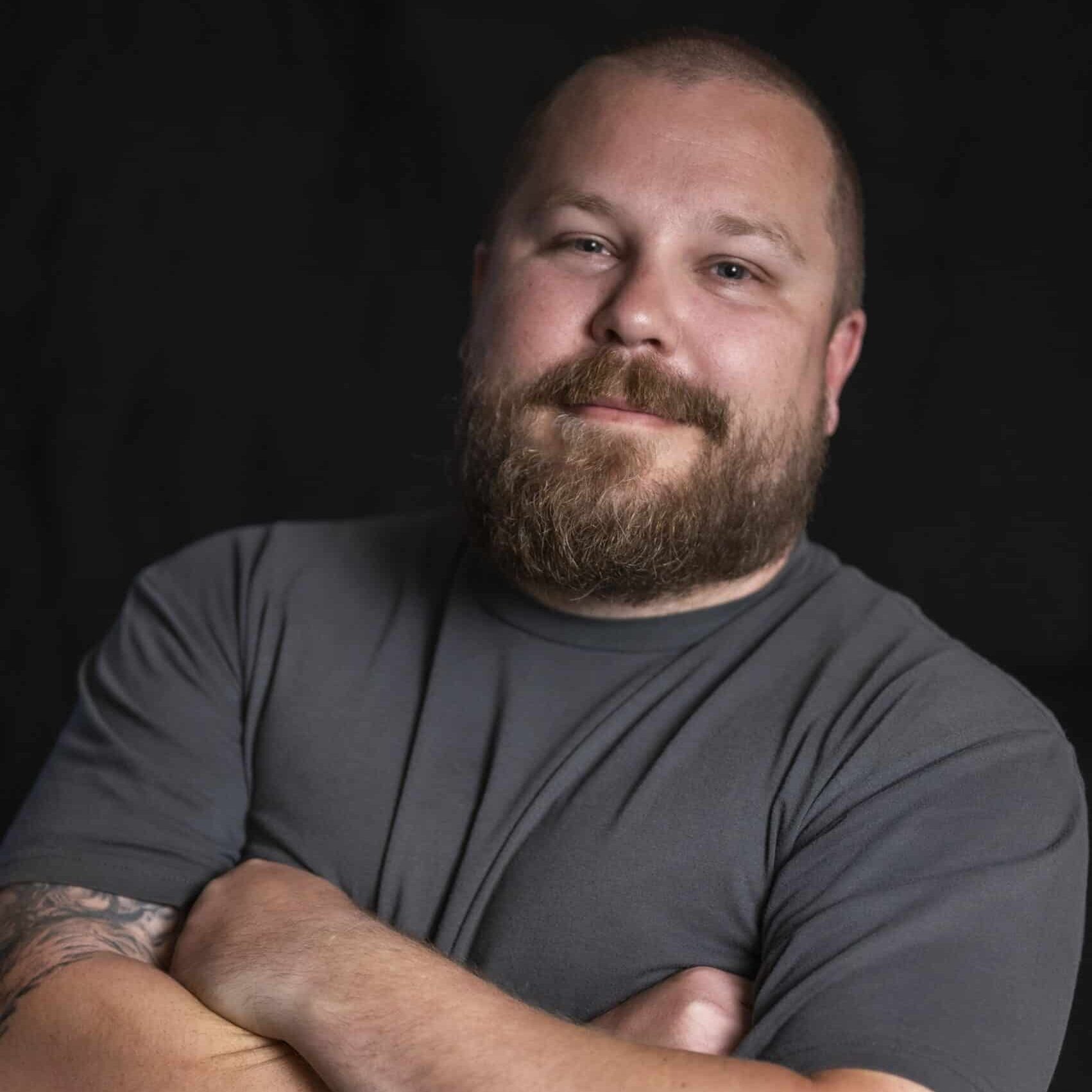
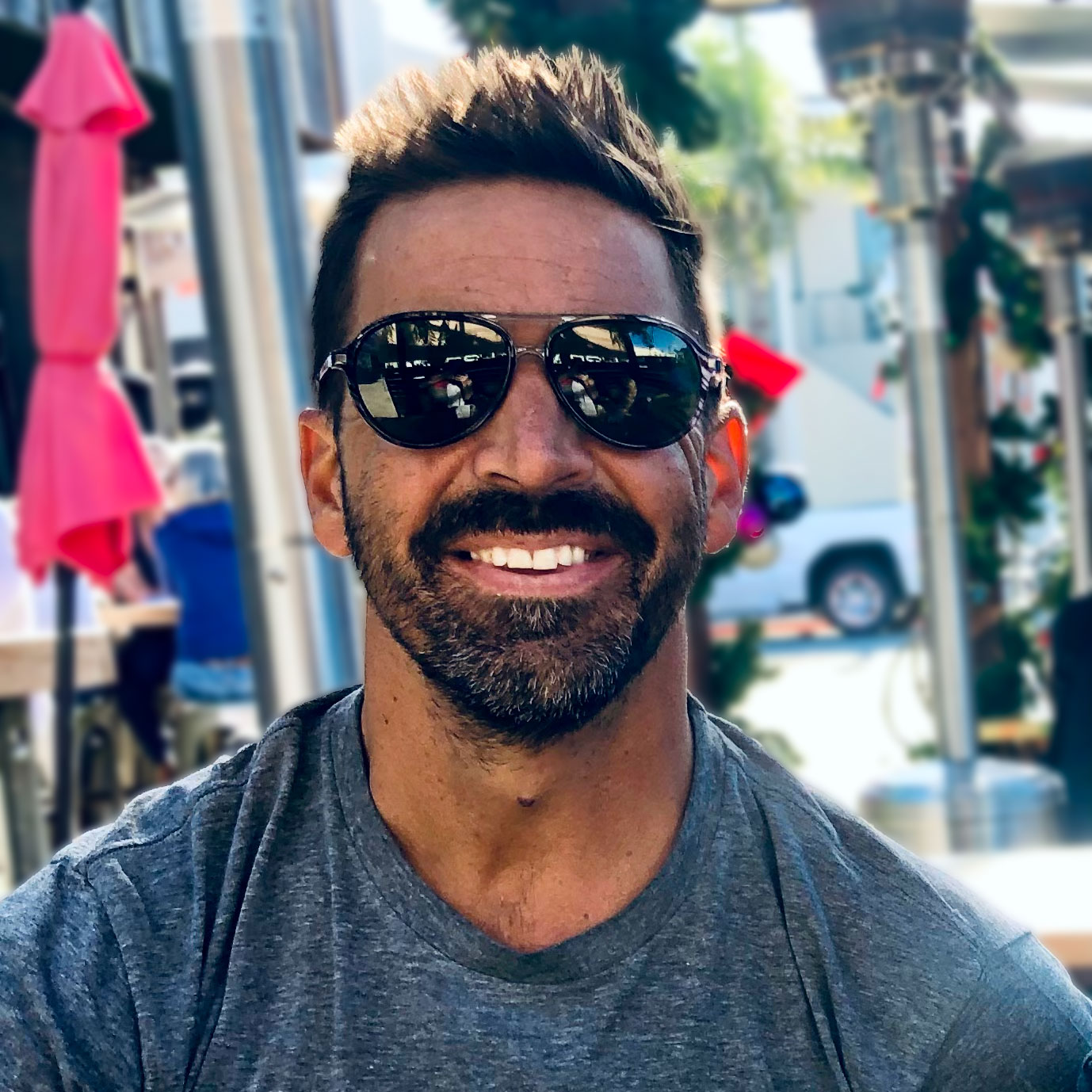



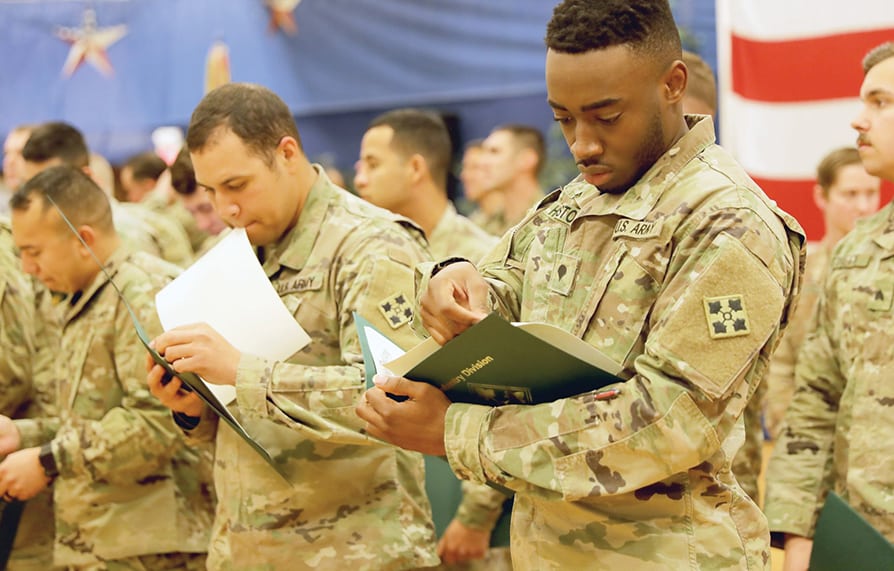

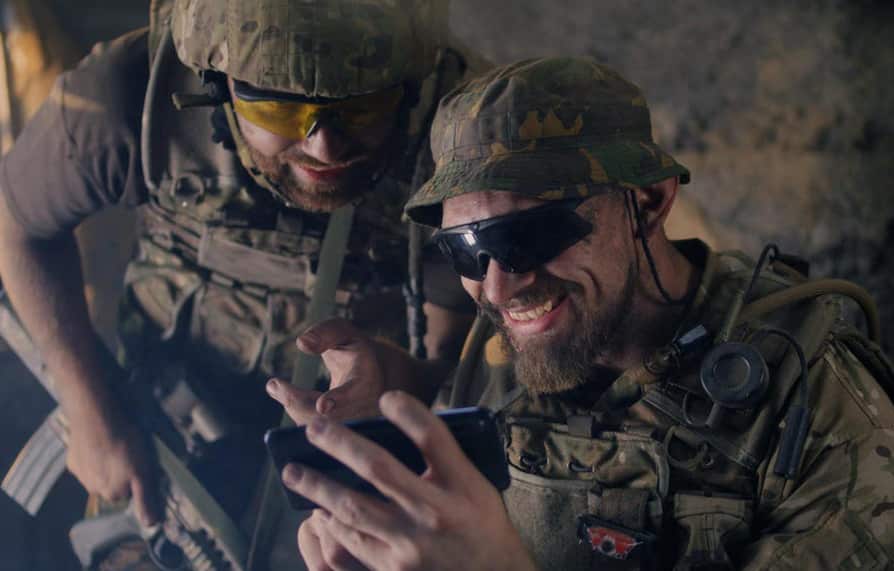
Leave A Comment